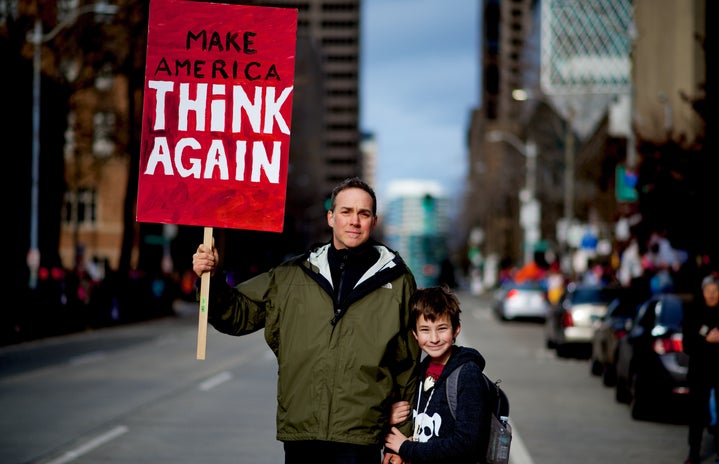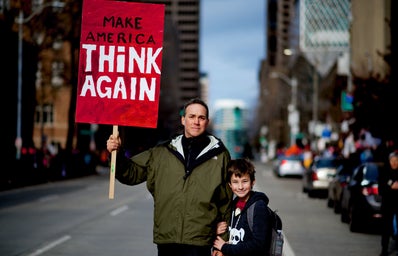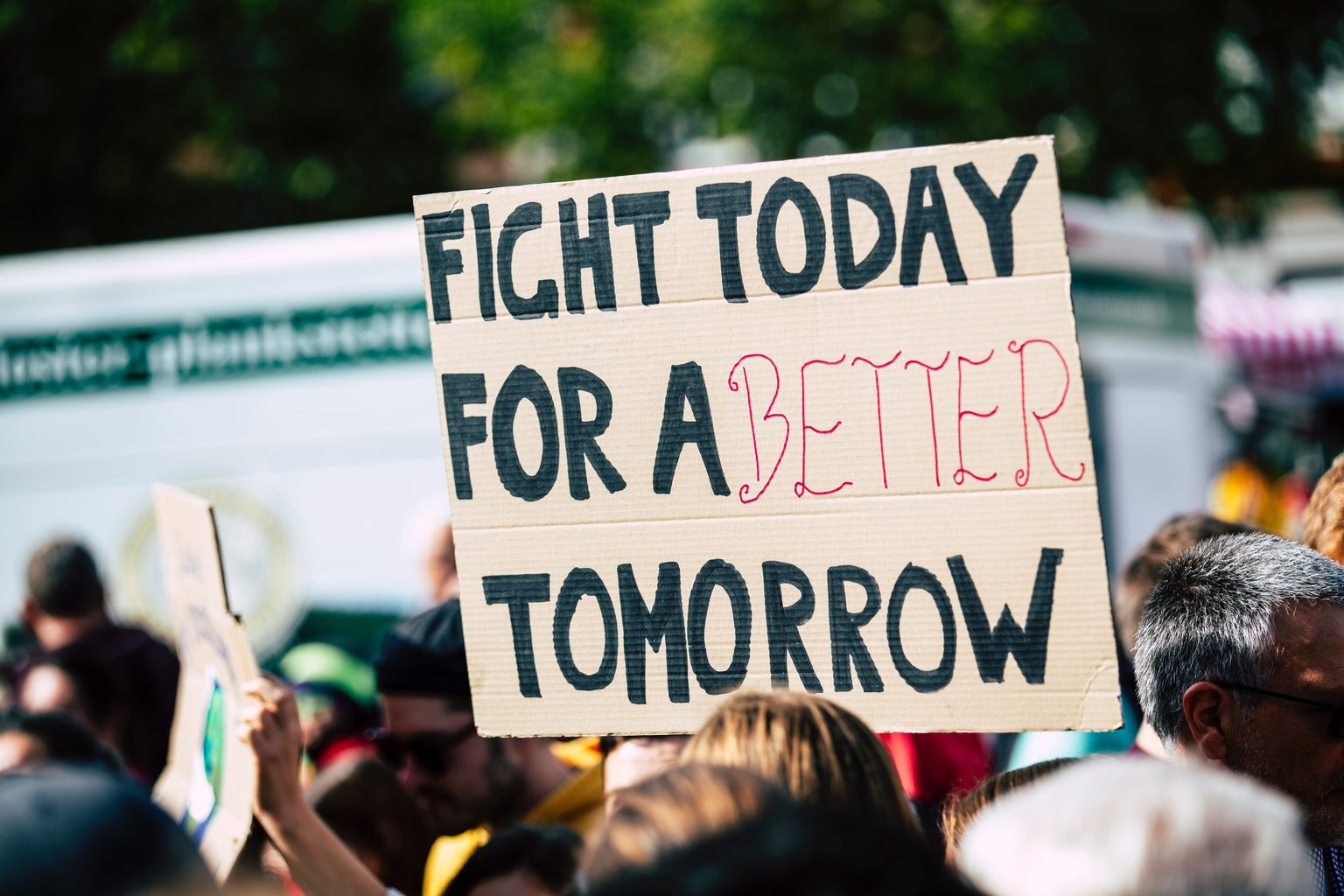The media’s reaction to the Gaza Hospital Attack has made everyone question the news they consume. This won’t be the last instance different versions of the ‘truth’ clash, but it can be the last time we are found unprepared.
the Context of the situation (in case you somehow missed it)
I won’t go into too much depth since you’ve probably already heard about it. Just over two weeks ago, a hospital in the Gaza Strip was bombed, killing many people inside and injuring many more. Major news outlets such as the BBC and The New York Times initially echoed Hamas’ narrative blaming the Israeli Government, while the Israeli Government said the explosion was caused by a rocket within Gaza itself. Al Jazeera (a news organisation funded by the Qatari Government) responded suggesting that the Israelis were lying. Since then, a few more things have happened but ultimately Sunak and Biden have come forward to confirm the Israeli report. As a result The New York Times withdrew its statement and explained that sometimes, when reporters can’t be on the ground, information gets mixed up. This raises the question, how can we trust anything we hear about critical situations?
Right now it seems that what the media wrote did not match reality, or even what other outlets were saying.
Why this is a problem?
It is widely believed that the original coverage of the attack by the BBC and others encouraged many people to protest on the streets, against Israel and the murder of hundreds of innocent civilians, calling to “Free Palestine” from its terror. This has also led to social media accounts on Instagram and X to voice their own opinion on the matter and to spread the word further. Under most circumstances, this wouldn’t be a problem. As a society we hope that people will always challenge unfair violence in whatever way they can, online or on the streets.
But this time it’s become a problem. Jewish communities in the West have been put at risk by the Anti-Israel/Pro-Palestine demonstrations and protests in response to a bombing neither they, nor the Israeli government were responsible for. Even if demonstrations have not been violent, they have incited others to “weaponise anti-semitism”, in response to how Israel has been reflected in some media outlets, through almost one-sided coverage.
Once again we find ourselves divided. As global politics gets increasingly heated, there will be many more times when the media undoubtedly gets things wrong, making us even more divided – unless we know how to better deal with it.
Useful advice to counter misinformation
I suppose it is worth noting that in the modern world, every person and every country has an opinion which has some truth to it. At the end of the day, even if their opinion is not factually accurate or even moral, it still represents their version of the truth. Which is why I think it is important for people to be careful when reading the news; there is simply no way that any person, no matter how educated they are, can sum up a complete, factual and unbiased picture of such a complicated event within just a few pages. Sure, read the news for information, but if you ever plan to make important decisions based on it, don’t take it for gospel. News is written by people like you and I, meaning they too make mistakes. Instead, if you want to be truly well-informed and make decisions, use your common sense: don’t jump to conclusions too soon, read several sources, take your time, do extensive research, and most importantly, don’t trust strangers with your life and the decisions you make about it, or you may end up feeling guilty about what you’ve said or done.
This might seem difficult to do. The BBC, for example, has been seen as a ‘beacon of truth’ for decades, so naturally it is scary to question its integrity. Independent research takes time and effort that quite frankly, is hard to come by nowadays, however it is worth it. I guess part of maturing is realising that you need to be careful, since things aren’t always exactly as they seem to be.
If people can change their own behaviour, then at some point the media will need to change too to cater for their consumers’ growing high expectations and standards.
Change starts with you.
Final Words…
I would like to take the time to say that I hope peace will come to heal both sides. And while I have only looked at the effects on the Jewish community in this article, this isn’t to say that only they matter. Palestinians, too, have endured much. I have only picked them as an example, to show that misinformation, which as we’ve seen, isn’t just telling direct lies, but can be extremely harmful to anyone and must be countered.




